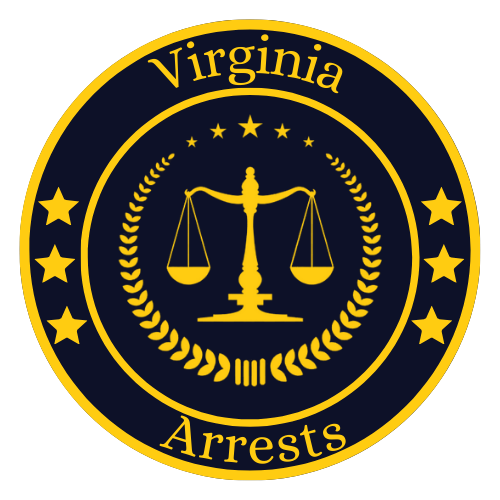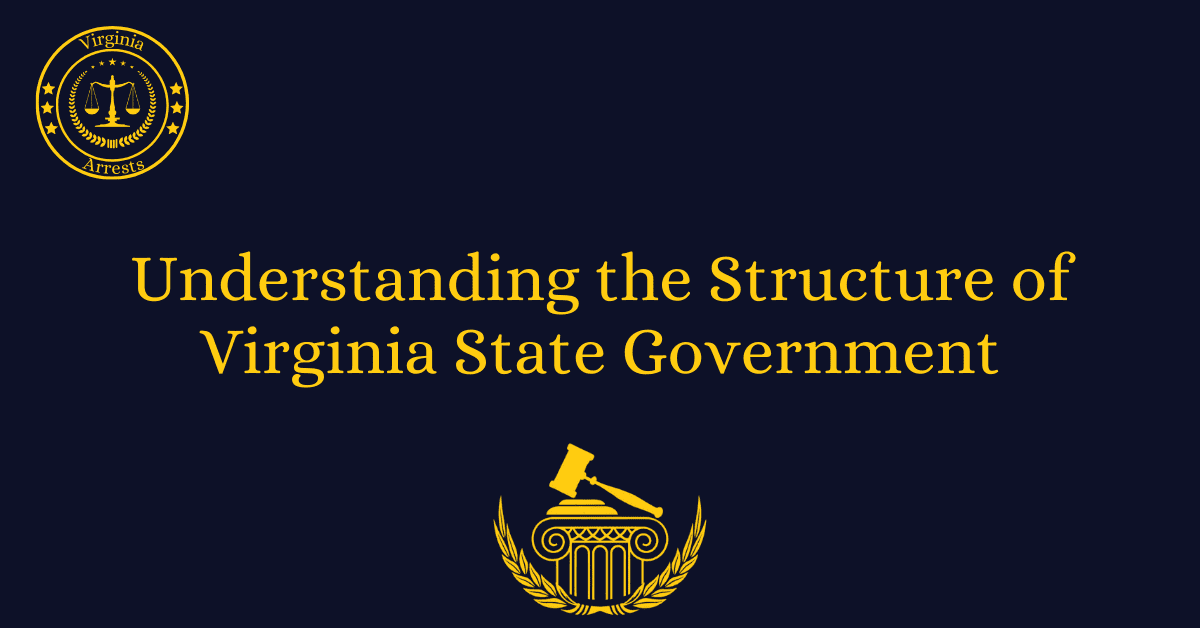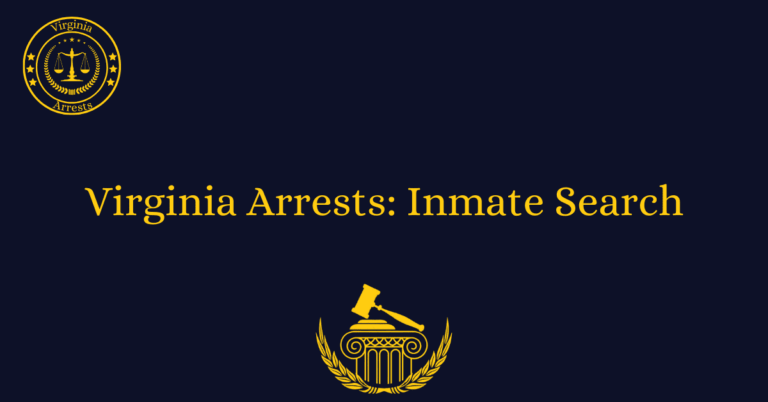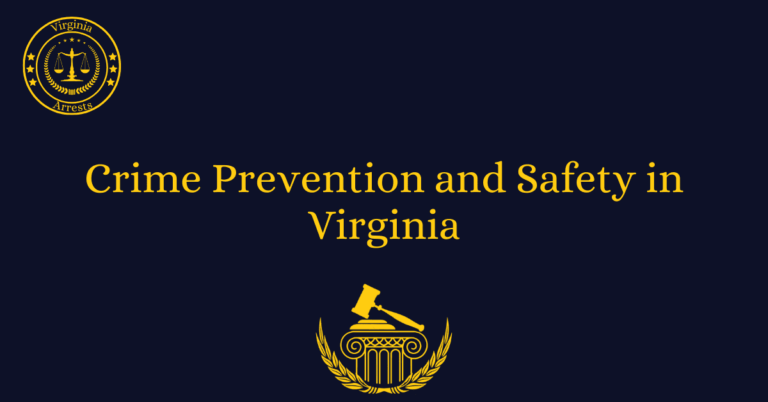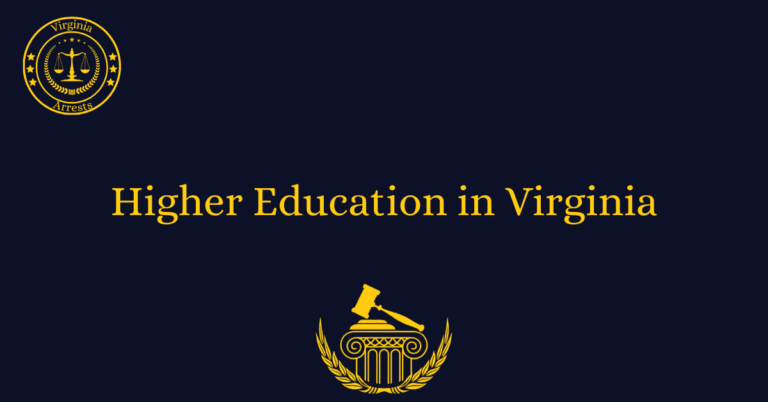Understanding the Structure of Virginia State Government
Welcome to this comprehensive guide on understanding the structure of Virginia State Government. In this detailed overview, we will delve into the intricate workings of the government system in the Commonwealth of Virginia. By exploring the various branches and departments, we aim to provide you with a clear understanding of how decisions are made and policies are implemented in this great state.
Virginia’s government structure is built upon a foundation of democracy and transparency, with a strong emphasis on serving the needs of its citizens. From the executive branch, led by the Governor, to the legislative branch, composed of the General Assembly, and the judicial branch, which upholds the rule of law, each component plays a crucial role in ensuring the smooth functioning of the state government.
Whether you are a student researching for a school project, a resident wanting to learn more about your state’s governance, or a curious individual interested in the political landscape of Virginia, this guide is designed to provide you with valuable insights and knowledge. So, let’s dive in and explore the fascinating structure of Virginia State Government!
Branches of Virginia State Government
Virginia’s government is composed of three branches: the executive, legislative, and judicial branches. Each branch has its distinct responsibilities and functions, working together to ensure effective governance and the protection of citizens’ rights.
The Executive Branch: Leadership and Administration
At the helm of Virginia’s government is the executive branch, led by the Governor. This branch is responsible for implementing policies, overseeing the administration of state agencies, and ensuring the efficient delivery of services to the people of Virginia. The Lieutenant Governor and the Attorney General also play vital roles in supporting the Governor in their duties.
The Legislative Branch: Crafting Laws and Policies
The legislative branch, known as the General Assembly, is responsible for making laws and policies that govern the Commonwealth of Virginia. Composed of the House of Delegates and the Senate, the General Assembly represents the interests of the citizens and acts as a forum for discussing and debating important issues. Through the legislative process, bills are introduced, debated, and ultimately passed into law, shaping the state’s governance.
The Judicial Branch: Upholding the Rule of Law
Ensuring justice and upholding the rule of law is the primary responsibility of the judicial branch in Virginia. The state’s court system is structured with various levels, including the Supreme Court of Virginia, the Court of Appeals, and the Circuit Courts. Judges and justices interpret the law, resolve disputes, and ensure the fair administration of justice in the Commonwealth.
Departments and Agencies: Serving the People
Supporting the branches of government are numerous departments and agencies dedicated to serving the needs of the people. From the Department of Education, ensuring quality education for all Virginians, to the Department of Health, safeguarding public health and well-being, these entities play a crucial role in implementing policies and delivering essential services.
Department of Transportation: Connecting Communities
The Department of Transportation in Virginia is responsible for developing and maintaining an efficient transportation system throughout the state. From roads and bridges to public transportation and airports, this department ensures the safe and reliable movement of people and goods, connecting communities and fostering economic growth.
Department of Natural Resources: Preserving Virginia’s Rich Natural Heritage
Virginia’s natural resources are a valuable asset to the state, and the Department of Natural Resources is committed to their preservation and sustainable use. This department oversees the management of state parks, wildlife conservation, and environmental protection efforts, ensuring that Virginia’s natural heritage is protected for future generations to enjoy.
Department of Commerce: Promoting Economic Development
The Department of Commerce in Virginia plays a vital role in promoting economic development and fostering a thriving business environment. Through initiatives and programs, this department supports businesses, attracts investment, and encourages innovation, contributing to the growth and prosperity of the state’s economy.
Department of Social Services: Supporting Vulnerable Populations
Virginia’s Department of Social Services is dedicated to providing assistance and support to vulnerable populations in the state. From programs that address poverty and homelessness to child welfare and adult protective services, this department works to improve the well-being of individuals and families, ensuring that no one is left behind.
FAQs
What is the structure of Virginia State Government?
The structure of Virginia State Government is built upon a foundation of democracy and transparency, with three main branches: the executive branch, the legislative branch, and the judicial branch. Each branch has its own specific roles and responsibilities, working together to ensure the smooth functioning of the state government.
Who is the head of the executive branch in Virginia?
The head of the executive branch in Virginia is the Governor. The Governor is elected by the citizens of Virginia and serves as the chief executive officer of the state. Their role is to implement and enforce laws, manage the state budget, and make executive decisions that affect the state and its residents.
What is the role of the legislative branch in Virginia?
The legislative branch in Virginia is known as the General Assembly. It is responsible for making laws and policies for the state. The General Assembly is composed of two bodies: the House of Delegates and the Senate. Together, they collaborate to propose, debate, and pass legislation that addresses the needs and concerns of the citizens of Virginia.
What is the role of the judicial branch in Virginia?
The judicial branch in Virginia is responsible for upholding the rule of law and ensuring justice is served. It interprets and applies the laws of the state. The highest court in Virginia is the Supreme Court, followed by the Court of Appeals and various circuit courts and district courts. Judges and justices are appointed or elected to their positions and play a vital role in resolving legal disputes and maintaining the integrity of the legal system.
How does Virginia State Government serve its citizens?
Virginia State Government is dedicated to serving the needs of its citizens. Through various programs and initiatives, the government strives to provide essential services such as education, healthcare, transportation, and public safety. Additionally, state agencies and departments work to ensure the well-being and prosperity of the residents of Virginia.
Where can I find more information about Virginia State Government?
If you are looking for more information about Virginia State Government, you can visit the official website of the Commonwealth of Virginia. The website provides access to a wide range of resources, including information on government officials, state agencies, and services available to residents. Additionally, you can reach out to your local representatives or visit government offices for specific inquiries or assistance.
Conclusion
The structure of Virginia State Government exemplifies a system of good governance, with the executive, legislative, and judicial branches working together to serve the needs of the people. Supported by various departments and agencies, the government strives to ensure transparency, accountability, and the well-being of all citizens. By understanding the intricacies of this structure, we gain insights into the decision-making processes and policies that shape the Commonwealth of Virginia. As we continue to explore and engage with the fascinating world of Virginia State Government, let us appreciate the importance of active participation and informed citizenship in maintaining a strong and prosperous state.
